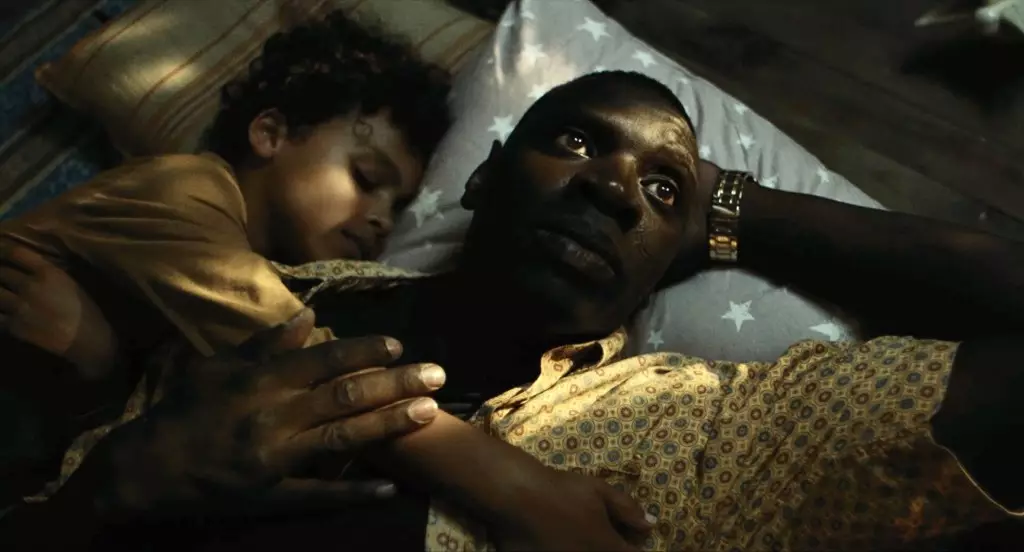In a tumultuous age marked by conflict and displacement, Brandt Andersen’s feature drama, *The Strangers’ Case*, emerges as a searing commentary on the human condition. Set for its limited release on December 25, with broader availability in January, this film dares to confront the viewer with uncomfortable truths about war, loss, and the indomitable spirit of resilience. What’s remarkable is how it harbors the powerful essence of Shakespeare, intertwining his themes of humanity and injustice with the modern crisis of the Syrian Civil War.
The film’s premise revolves around Amira, a pediatric surgeon portrayed by Yasmine Al Massri, who is not only fighting for her daughter’s survival but also grappling with the fates of five families spread across various continents. This narrative choices speak to the universality of suffering; it’s a reminder of how deeply interconnected our experiences are, transcending geography and circumstance—but it’s an unsettling reminder. This type of storytelling, rich in tragedy, might risk overwhelming viewers with despair rather than instilling hope.
A Production Rooted in Authenticity
What sets *The Strangers’ Case* apart is its authenticity. The use of Syrian extras who have firsthand experience with the harrowing crossing depicted sets a realistic, impactful tone that would resonate with audiences. This is not just another film about refugees; it’s a narrative driven by real people who have faced unimaginable challenges. Andersen’s commitment to the truth of their experiences bolsters the film’s credibility, making it a special piece of cinematic art that encourages empathy rather than mere sympathy.
However, the question remains: do authentic experiences on screen adequately convey the complexity of the issues at hand? While Andersen’s approach honors the narratives of those involved, it also risks simplifying the immense geopolitical intricacies that lead to these personal crises. Real-life narratives are vital, but they can only scratch the surface of the larger stories that are demanding our attention and scrutiny.
The Role of the Angel Guild
The strategic involvement of the Angel Guild, a collective of over 1.1 million members who curated this project, underscores the growing engagement of audiences in production decisions. This marks a significant departure from traditional top-down filmmaking and elevates community in the creative process. Jared Geesey’s perspective that art should ignite compassion and understanding feels more pertinent than ever as media consumers become more proactive in supporting stories that reflect their values.
Still, while community-driven narratives are commendable, there’s a lurking apprehension about audience agency. This raises the critical issue of whether such movements can dilute the artist’s voice. Will a film like *The Strangers’ Case* manage to push boundaries and spark necessary debates, or will it settle into a comforting narrative that feels predetermined by the very audience it seeks to challenge?
Overwhelming Praise for the Film
*The Strangers’ Case* boasts an impressive array of accolades, including over 50 festival awards and the Amnesty International Film Award, marking it as a significant film in the landscape of socially-conscious cinema. Andersen’s proven track record as a filmmaker and activist enhances the film’s appeal, yet this acclaim raises a discordant note; are these awards validating a conversation, or are they simply a celebration of guilt-driven empathy from audiences who are often content to pat themselves on the back rather than address systemic issues fundamentally?
In essence, *The Strangers’ Case* is a bold and emotionally charged narrative that, while aiming to amplify light amidst darkness, demands that viewers face their inherent discomfort. As it graces the big screen, one can only hope it spurs real conversations alongside its cinematic triumphs.

